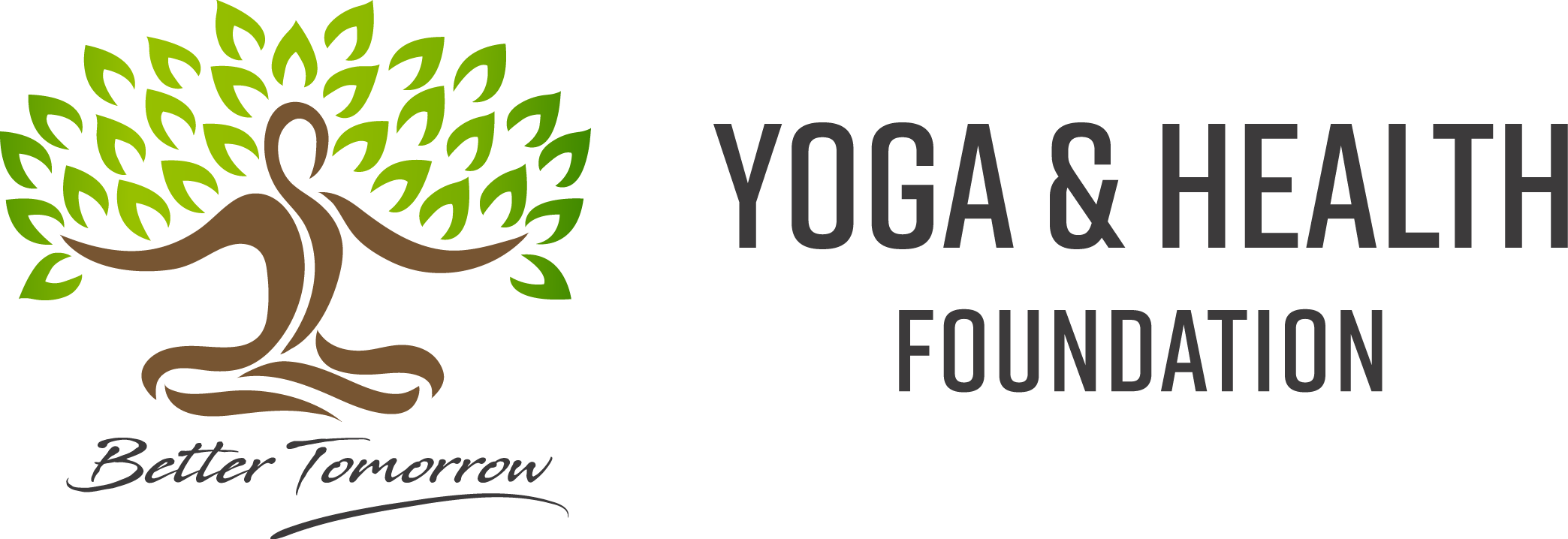With its instantaneous global connection, social media has merged seamlessly into our daily lives. However, its impact on mental health and anxiety has become a growing concern. The constant scrolling, likes, and comments have created a virtual world that can potentially be addictive and damaging to our mental health.
Studies have shown that extravagant social media usage increases anxiety, depression, and low self-esteem. The temptation to portray a flawless existence online also breeds feelings of loneliness and inadequacy, which eventually harms our general well-being.
This article will explore the negative impact of social media on mental health and anxiety and provide some tips on how to mitigate its effects.
Let’s get started.
1. Comparison And Self-Esteem:
As users compare their lives to those of others who appear to have it all together, social media can lead to feelings of inadequacy and low self-esteem. People frequently only share the positive things happening on social media, leaving out the challenges they face.
2. Cyberbullying:
Another negative impact of social media is it being a breeding ground for cyberbullying. Internet anonymity encourages people to say nasty things they might not say in person, which increases the victim’s emotions of fear and melancholy.
3. Information Overload:
The constant stream of information on social media can be overwhelming and lead to feelings of anxiety and stress. It might be difficult to cut through the noise and find what is important and worthwhile.
4. Sleep Disturbances:
The major impact of social media is sleep disturbance patterns. Electronic device blue light interferes with sleep cycles, causing sleep disruptions and aggravating anxiety symptoms.
5. Addiction:
Social media use can become compulsive and interfere with other facets of life, including employment, relationships, and education.
While there are numerous negative impacts of social media in our life, result-yielding steps are there to mitigate its effects. Here are some tips:
1. Limit Social Media Use:
Limit the amount of time each day that you spend on social media. To give your mind a break, consider taking a break from social media for a few days or weeks.
2. Curate Your Social Media Feed:
To foster the positive impact of social media on society, unfollow accounts that make you feel horrible about yourself and follow those who encourage and inspire you. You can also mute or block accounts that consistently post negative or triggering content. Apart from this, you can also send positive vibes to the world through your social media feed.
3. Connect With Others in Person:
Making in-person interactions with friends and family is still crucial despite social media being a terrific method to stay in virtual contact with them. Plan outings or other activities that allow you to enjoy the moment.
4. Seek Professional Help:
If you’re experiencing significant mental health issues related to social media use, consider seeking help from a mental health professional. A therapist can help you develop coping strategies and provide support and guidance to deal with the negative impacts of social media on mental health.
Despite being an integral part of our lives, social media negatively impacts the mental state of an individual.
The constant scrolling, likes, and comments create a virtual world that can be addictive and damaging to our mental health. However, by implementing some of the tips discussed, such as limiting social media use, we can mitigate the threatening impacts of social media and maintain a healthy relationship with technology.
All we need to do is be mindful of social media use and prioritize our mental health and well-being.













